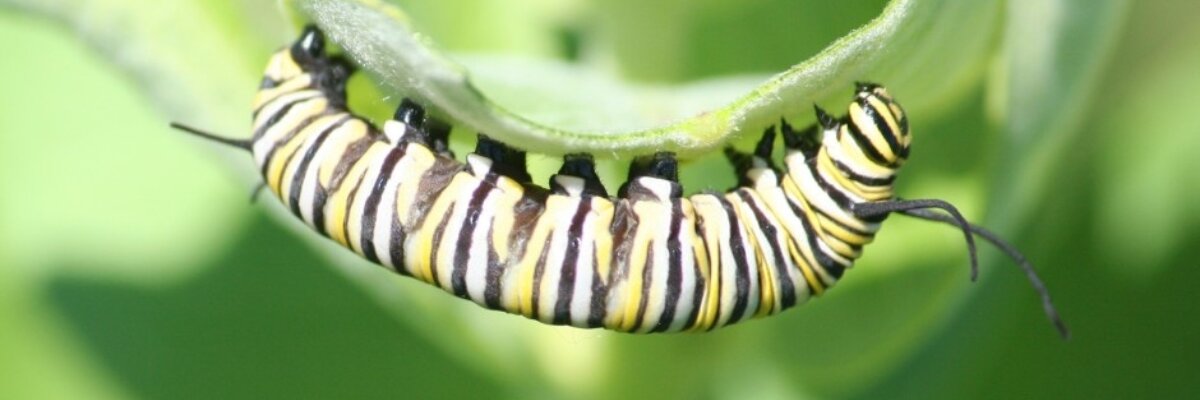
What is known about the potential impacts of mosquito control on monarchs?
The potential impacts of mosquito control on monarchs will vary based on the control method used. Research has indicated that some mosquito sprays (adulticides) are harmful to Lepidoptera (and many other insects) that get in contact with the spray, while larvicides (often granules of larvicide, such as Bti, applied in water) are less of a cause for worry for Lepidoptera. Adulticides can be Ultra-Low Volume (ULV) pyrethroid sprays that mist a low-concentration of insecticide over an area, and the intention of these is to kill the mosquitoes while they are flying. ULV sprays can cause mortality for flying monarchs that get caught in the mist as well. Barrier treatments are another form of adulticide application, this form settles on leaves and persists after the spray is applied. These may cause problems for monarch larvae on milkweed plants that come in contact with the insecticide spray. A couple of papers that further explain this are available on the monarchnet.org about non-target effects on monarchs from the mosquito control chemicals Permethrin and Resmethrin. These studies' findings indicate that mosquito control spraying increases monarch (and other lepidopterans) mortality as well as increasing sublethal impacts.
Nevertheless, mosquito control is a necessary public health measure to control mosquito populations and aid in the reduction of vector-borne disease. If you observe your area's mosquito control spraying at a time when monarchs are out flying, consider reaching out to that department to see if they can spray at another time when monarchs are less active (monarchs are diurnal, so they are active during the day).
